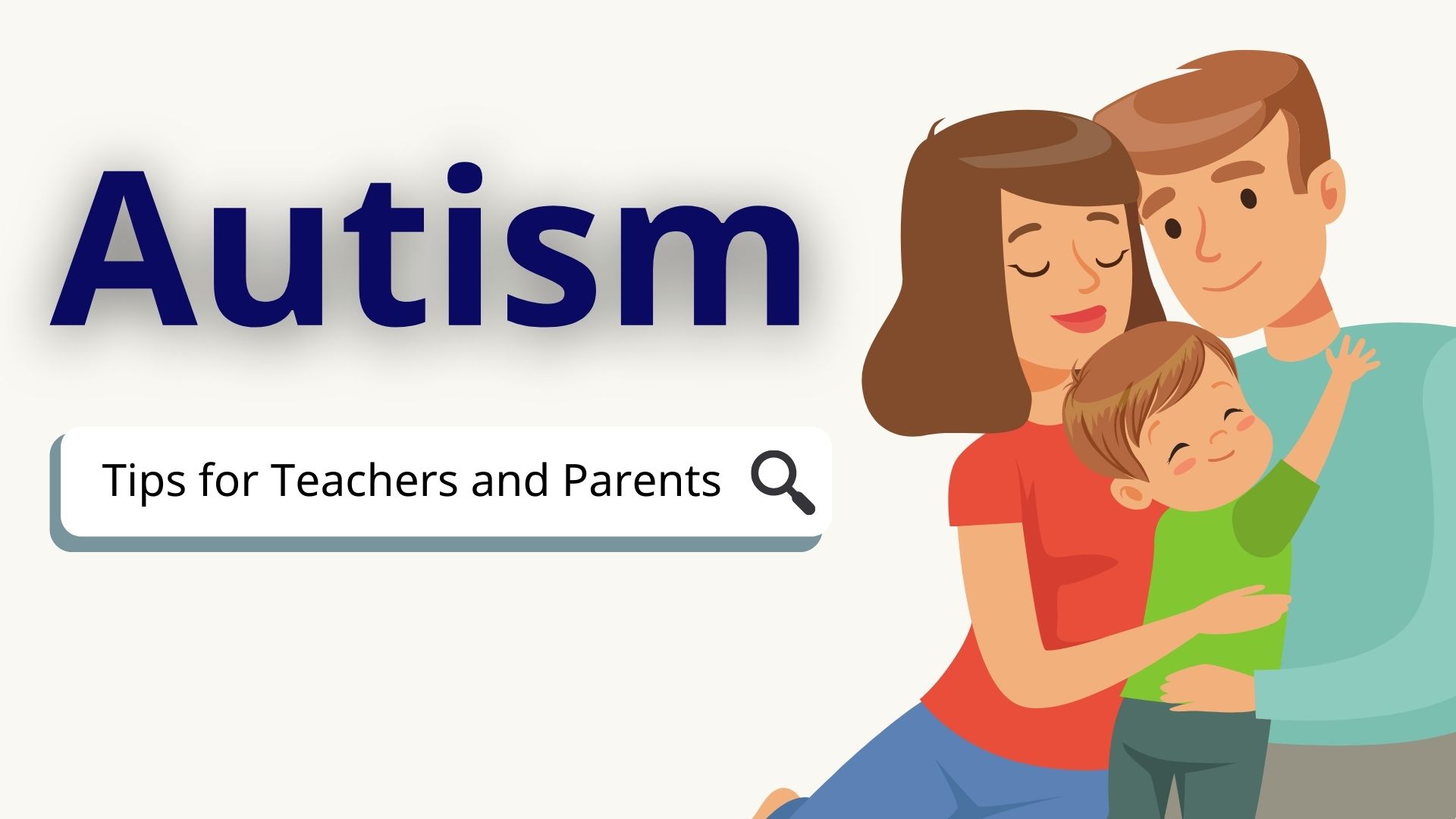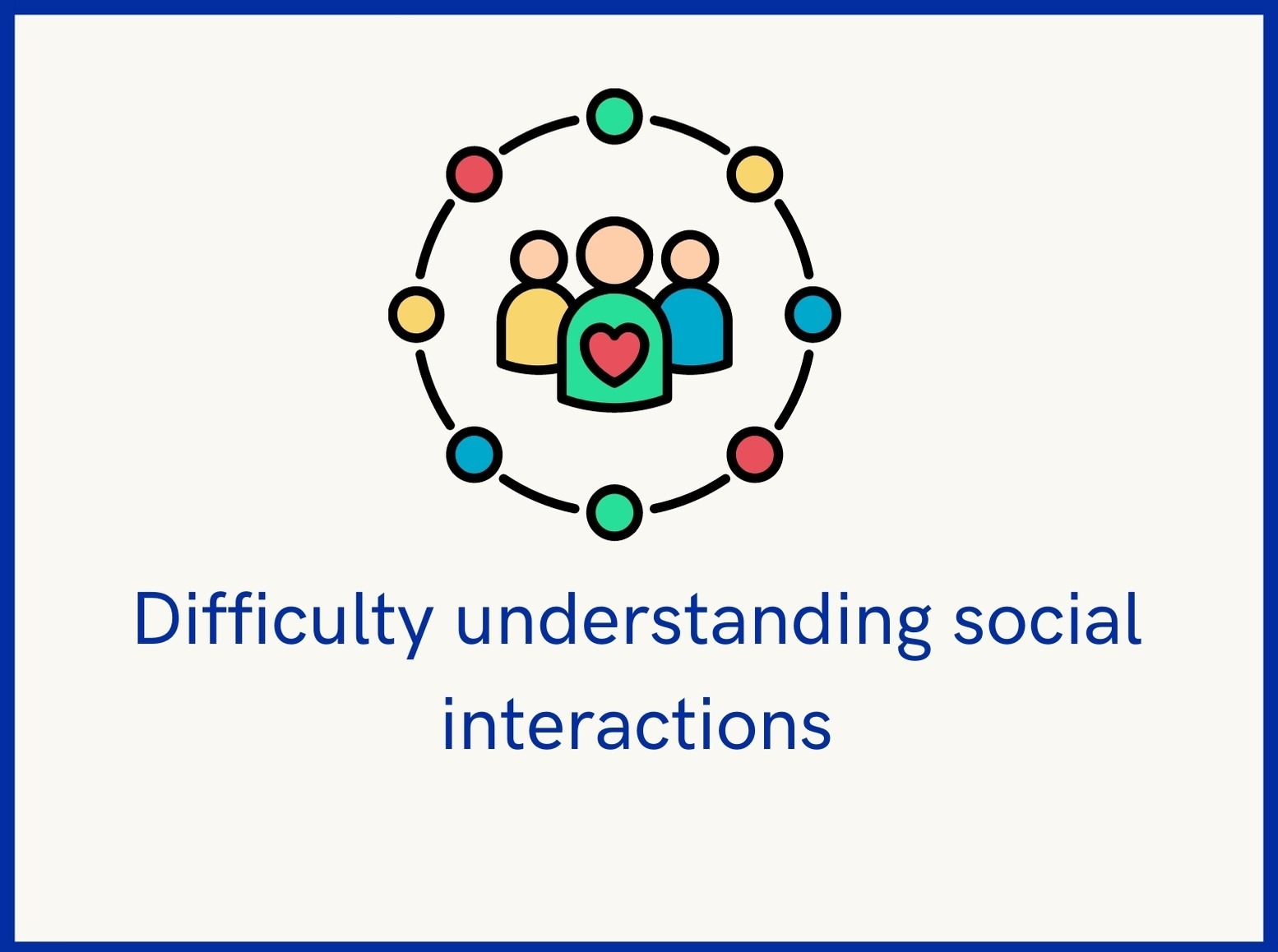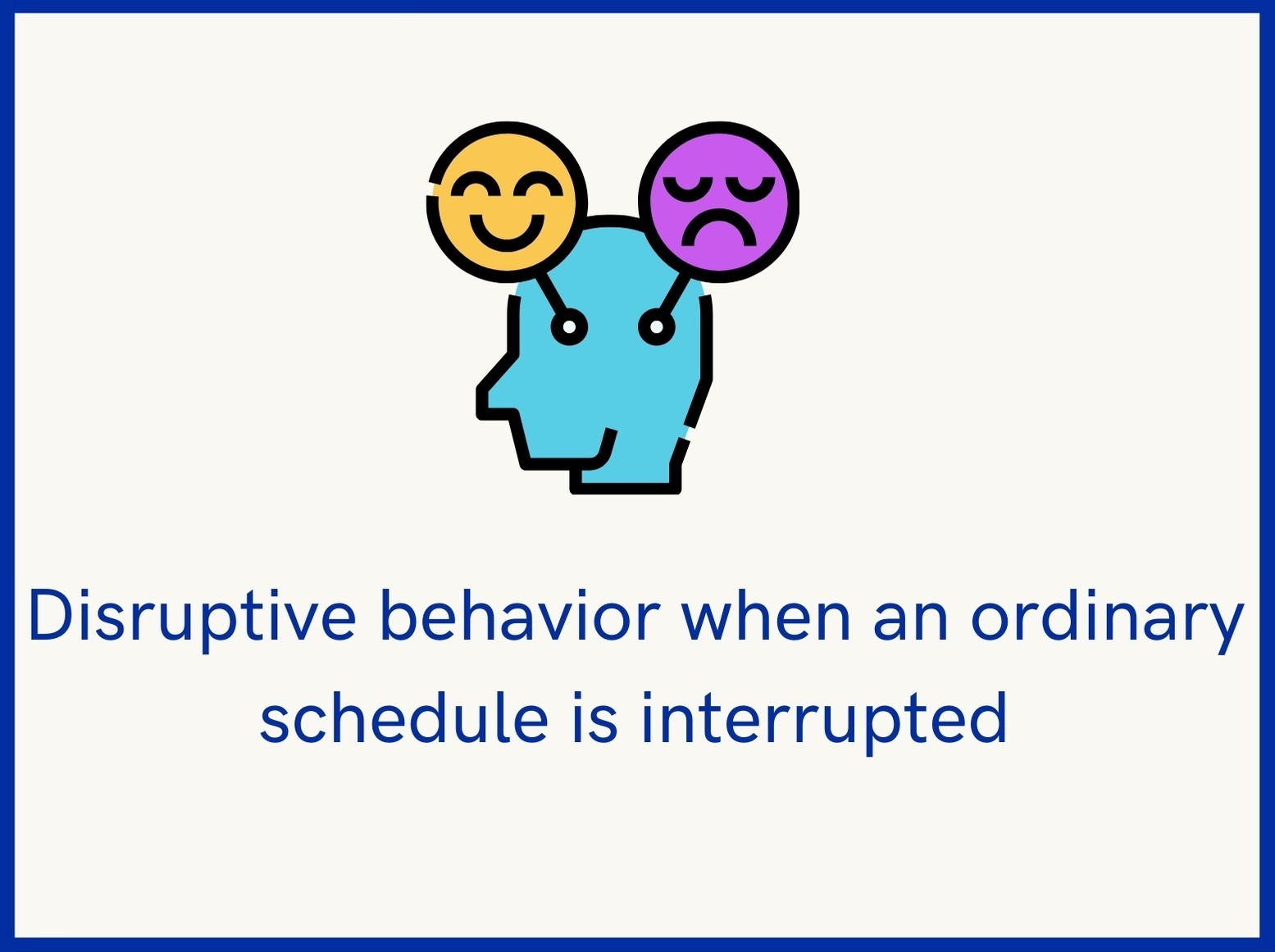- My child screams hysterically
- My child is mean to other children
- My child is always worried
- My child is scared to go to school
- My child is scared of loud noises
- My child doesn’t know how to read
- My child is scared to play outside
- My child does not respond to his name
- My child always gets in trouble
- My child fights with other children
- My child doesn’t know how to count
If you are concerned about your child’s development, contact OrbRom Center for Assessments: Phone/Telegram: 077.455.993 – Telegram Link: https://t.me/OrbRom
If you are concerned about your child’s development, contact OrbRom Center for Assessments. Phone/Telegram: 077.455.993 Link: https://t.me/OrbRom
Autism
What Is Autism? Symptoms, Causes, Tests, Treatment, and More
What is Autism?
Autism is a complex developmental disorder that impacts social skills, speech and language development, and can present as repetitive behaviors.
Autism spectrum disorders are typically diagnosed in children before the age of three years old.
It is not curable, but there are many effective treatments that can allow a child with autism to live a happy and productive life.
A child who is diagnosed with autism has an impaired ability to communicate.
This can be seen in the way they talk and interact socially, as well as their unusually repetitive behaviors like rocking back and forth or flapping their arms.
Autism also affects a person’s life by making it difficult for them to go outside of routines that are established- such as changes in clothing before going out into public spaces, which causes anxiety because they’re not sure what people will think about how different these children appear from others around them.
As defined by IDEA, autism refers to “a developmental disability significantly affecting verbal and nonverbal communication social interaction”; this federal definition then proceeds onto list traits commonly related: Other characteristics often associated with autism include engaging in repetitive behaviors, unusual sensory interests and specific patterns of behavior.
In this post we will discuss common traits associated with Autism Spectrum Disorders (ASD), including communication difficulties, unusual behaviors or interests, repetitive movements or patterns of behavior and learning problems.
We’ll also take an in-depth look at what it’s like for parents raising children on the autistic spectrum!
Autism Common Traits
Autism Common Traits
Understanding that the phrase “autism spectrum disorder” is gaining momentum because it better captures similarities between autism and other conditions under this category, a variety of common traits can be found associated with those diagnosed.
The National Dissemination Center for Children with Disabilities (NICHCY) acknowledges five subcategories: autism, Asperger syndrome, Rett syndrome, childhood disintegrative disorder and Pervasive Developmental Disorder Not Otherwise Specified (PDDNOS).
There are three major areas of focus when determining a diagnosis: social interaction, behavior and communication. NICHCY explains that a particular case’s traits determine the exact diagnosis for those aspects.
Such characteristics might include the following:
- Unusual communication habits (from not talking at all to repeating over and over certain phrases).
- Difficulty understanding social interactions.
- Unusual fixation (for instance, only playing with round toys)
- Inability to focus without first completing a routine.
- Disruptive behavior when an ordinary schedule is interrupted.
Autism Educational Challenges
Education is a challenging task to undertake, and when special needs are included it can become even more difficult.
Autistic students have many different struggles in the classroom: from trouble following directions or understanding what’s being said all the way down to behavioral problems that disrupt other students’ learning experience.
These barriers make for an arduous journey through school life – but thanks to incredible teachers and staff members like yourself, they’re not unbeatable!
Students with autism often face academic difficulties such as:
- Disruptive behavioral problem
- Hampered ability to communicate
- Trouble following directions
- Disinterest
Autism, Tips for Teachers and Parents
With a few dynamic factors, children with autism can be effectively educated.
For example, if you are giving directions on how to fold paper one step at a time, starting by verbally saying the steps and then demonstrating them while repeating each instruction; don’t rush through this process; do it slowly so that students have enough time to follow along.
If they cannot get their footing after being given instructions multiple times or if certain methods aren’t working for your student try using different cues such as tactile ones (such as having the child touch an object first before touching another) or visual ones (explaining what is happening in pictures).
Assistive technology can reduce communication issues, but it often just becomes a way for students to avoid the hard work.
Teachers must balance being creative and interesting so that you grab their attention while still staying on task with your lesson plan.
For instance, if one of your student’s interests is airplanes then write word problems incorporating situations relating to them in order to keep him interested!
Teachers, getting to know a student and what calms him or her can help you avoid disruptive behavior.
Find out about your child’s interests so that when it becomes time for group work they have something in common with the other students who might otherwise be frustrated by doing tasks because of his or her inability to participate without being hassled.
Parents are an excellent resource here as well; after all no one knows their kids better than parents!
Please, Share This Story!
- My child screams hysterically
- My child is mean to other children
- My child is always worried
- My child is scared to go to school
- My child is scared of loud noises
- My child doesn’t know how to read
- My child is scared to play outside
- My child does not respond to his name
- My child always gets in trouble
- My child fights with other children
- My child doesn’t know how to count
If you are concerned about your child’s development, contact OrbRom Center for Assessments: Phone/Telegram: 077.455.993 – Telegram Link: https://t.me/OrbRom
If you are concerned about your child’s development, contact OrbRom Center for Assessments. Phone/Telegram: 077.455.993 Link: https://t.me/OrbRom







